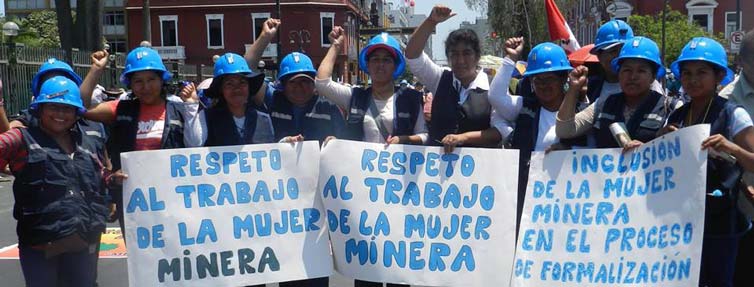Small-scale gold mining activities are responding to different factors, such as the international gold price and national policies. The financial crisis has caused an upsurge of small-scale gold mining activities all over the world. Also in the Amazon. Rumors about successful miners trigger new migration flows, unsettle communities, and launch people into risk-taking. This can result in tensions, upheaval, bitter poverty and – scarcely- some success.
Disputes and conflicts occur over territories and gold deposits. Also, rivers are polluted. Such conflicts affect the miners, their families, their communities, but also the region and eventually also have an effect on the amount of gold produced in the country.
Small-scale gold miners are often considered illegal. Governments try to get a grip on the flow of people and money, sometimes with repressive or aggressive means. In Peru for example, in their attempt to formalize all mining, in 2012 the army has destroyed the equipment of small-scale gold miners by bombing them. Overlapping land use regulations and poorly administered mining titles also cause conflicts, for example in Colombia and in Brazil. Miners are given permission to mine in protected nature areas.
GOMIAM expertise: GOMIAM research has given insight into mining-related conflicts by comparing various cases in the different Amazon countries. Read our publications, or have a look the policy briefs written by GOMIAM.
Read more:
For a general overview on mining conflicts, check the website of Conflictos Mineros.
CASM & CommDev (2009) Working together. How large-scale mining can engage with artisanal and small-scale miners.

